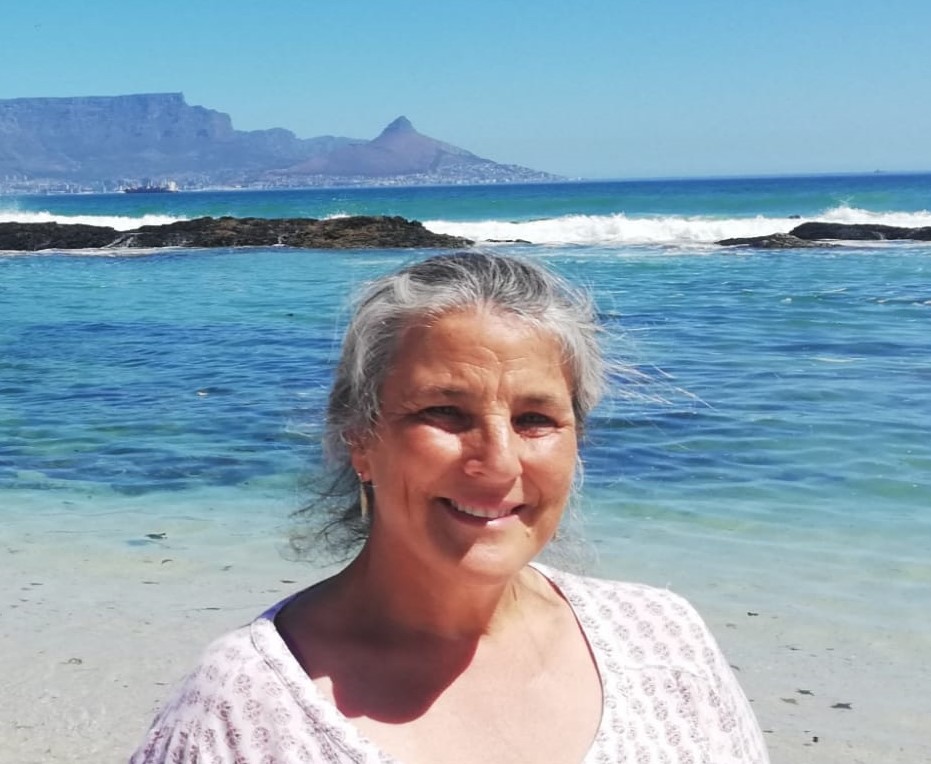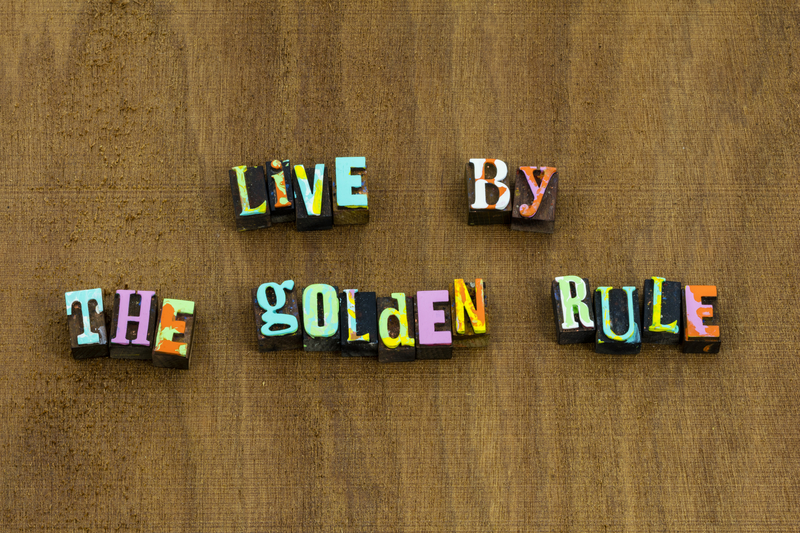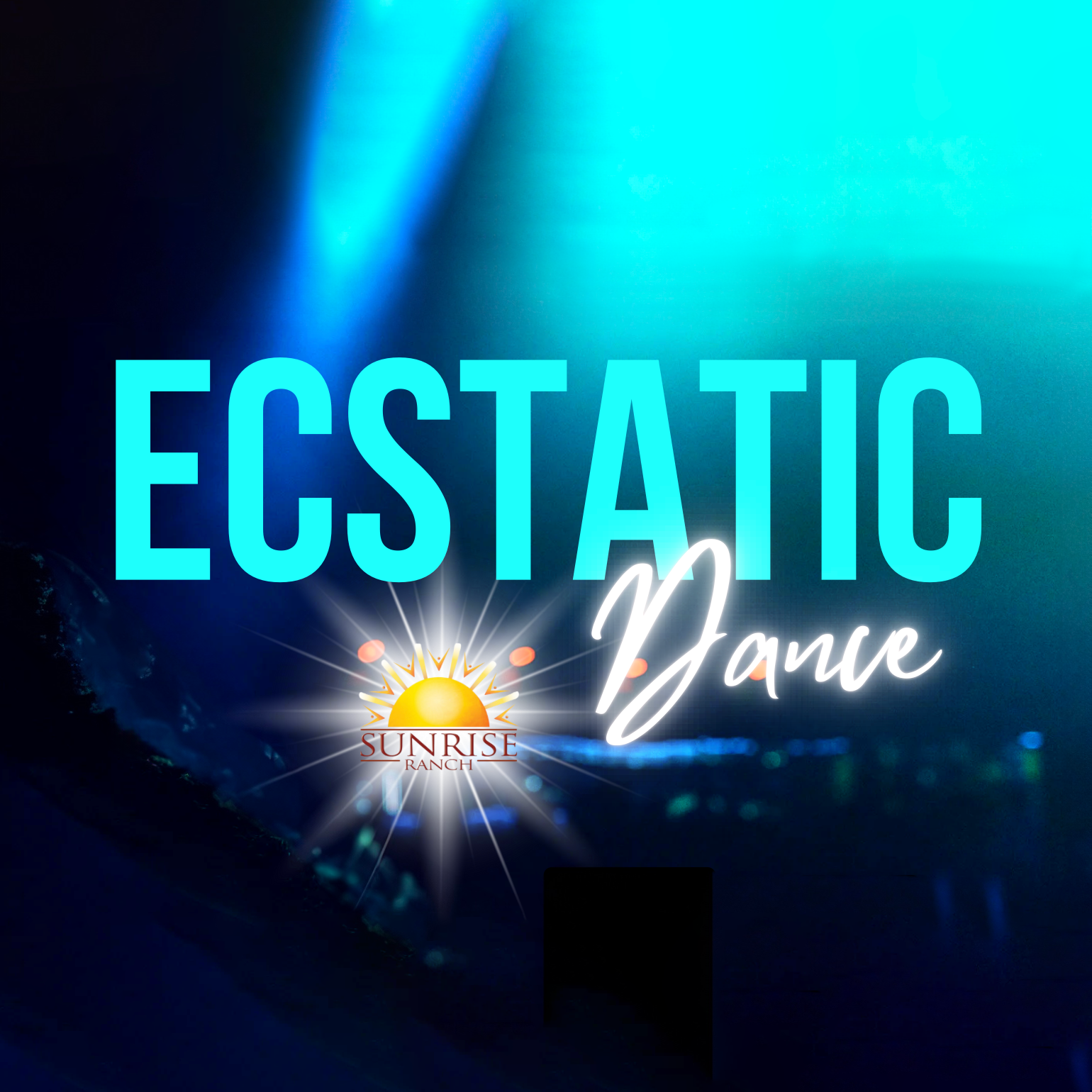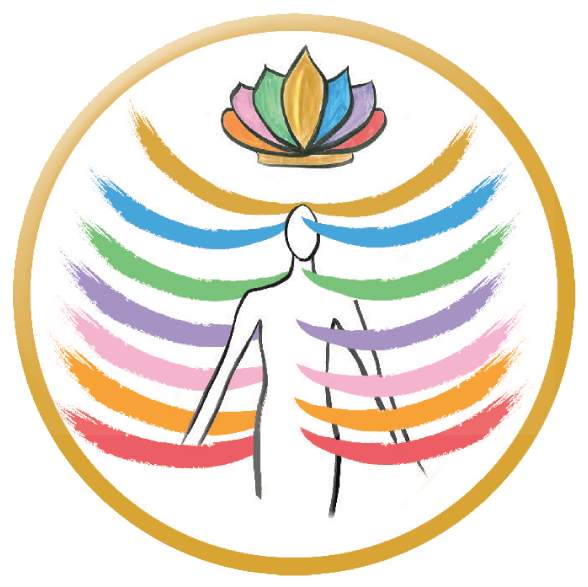This Week's Quotation:
The Golden Rule is the roadmap to build peaceful co-existence, social cohesion, harmony, human dignity and secure a better future for this generation and generation yet to come.
– Ambassador Mussie Hailu, Global Envoy of United Religions Initiative and representative at the African Union and United Nations in Africa and Geneva.
The Eloquent Peasant

Rev. Berry Behr, Interfaith Minister
April 5 has been celebrated by interfaith communities as Golden Rule Day since 2007. There is a pending United Nations proposal for it to be added to the UN Special Days Calendar. It’s an invitation for people of all faiths and none to make the world a better place by celebrating the idea of treating all others the way you would want them to treat you.
While various applications of the rule are referred to in the bible (for example, see Matthew 7:12), as well as in most other sacred texts, reference to the term The Golden Rule was first recorded by Anglican priests early in the 17th Century. However, the idea behind the phrase is the theme of one of the oldest surviving Egyptian stories dated between 2040 and 1650 BCE.
The Eloquent Peasant is the story of Khun-Anup, a poor, honest man who is beaten and robbed by a powerful landowner, Nemtynakht. Khun-Anup appeals to the magistrate for justice, but his case is dismissed because he is poor and has no status. For many days, Khun-Anup appeals so eloquently that the High Steward tells the King of this peasant’s ability with words. Eventually Khun-Anup turns to leave, feeling disgusted, disillusioned and hopeless, intending to commit suicide because he cannot live in such an unjust world. However, at the King’s instruction the High Steward calls him back and returns his belongings along with all the land and belongings of Nemtynakht, who wronged Khun-Anup in the first place.
We may know this ancient understanding of reciprocity and right relationship as “karma,” or “The Golden Rule,” or “leave no-one behind” or “treat others as you wish to be treated.” It appears in different words in almost all the world’s religions, providing a focus point for harmonious intercultural, inter-spiritual and even interspecies co-existence.
Khun-Anup lives on as a symbol of hope, justice and courage in a world that often feels tough to navigate. We are all Khun-Anup! As we take courageous and unshakeable ownership of our own sovereignty and right to thrive, we invite those around us to do likewise in co-creative partnership. We help to restore balance in the world, with a common language that radiates from the Golden Rule at the core of all our hearts.
About Open Windows
We, the authors of this blog, dedicate it to the transparent exploration of the world’s sacred scripture and enlightened spiritual thought. We believe that the original inspiration of all faiths comes from a common source, named and revered in a myriad of ways. With that understanding, the innumerable symbols, beliefs, and practices of faith cease to divide. They become open windows to a common reality that inspires and unifies us. We find deeper insight and nourishment in our own faith and from the expression of faith from others.
We hope these weekly quotations and meditations speak to your heart and soul.






It is good to learn of Khun-Anup and be reminded that the “Golden Rule” has taken many forms in many cultures. No matter how it is worded or illustrated, it is important to have it in my heart as a way of FEELING. The feeling for me must go deep and I must ask “What may I do for this person?” ‘What would I be blessed by if it were me – and what blessing might I offer to him… or her … or them? ” Rather than simply reading this and agree with you and the words of Jesus (and others), may i now take this into my world and be even more sensitized to how to give appropriately as if I were the very recipient. Thank you, Reverend Behr. With aloha from Oahu, Tom
“As we take courageous and unshakeable ownership of our own sovereignty and right to thrive, we invite those around us to do likewise in co-creative partnership.”
Yes, that is absolutely the experience of my life, it is a pattern that works!
The Golden Rule is automatically expressed by those who know who they are. Centering in Being is essential.